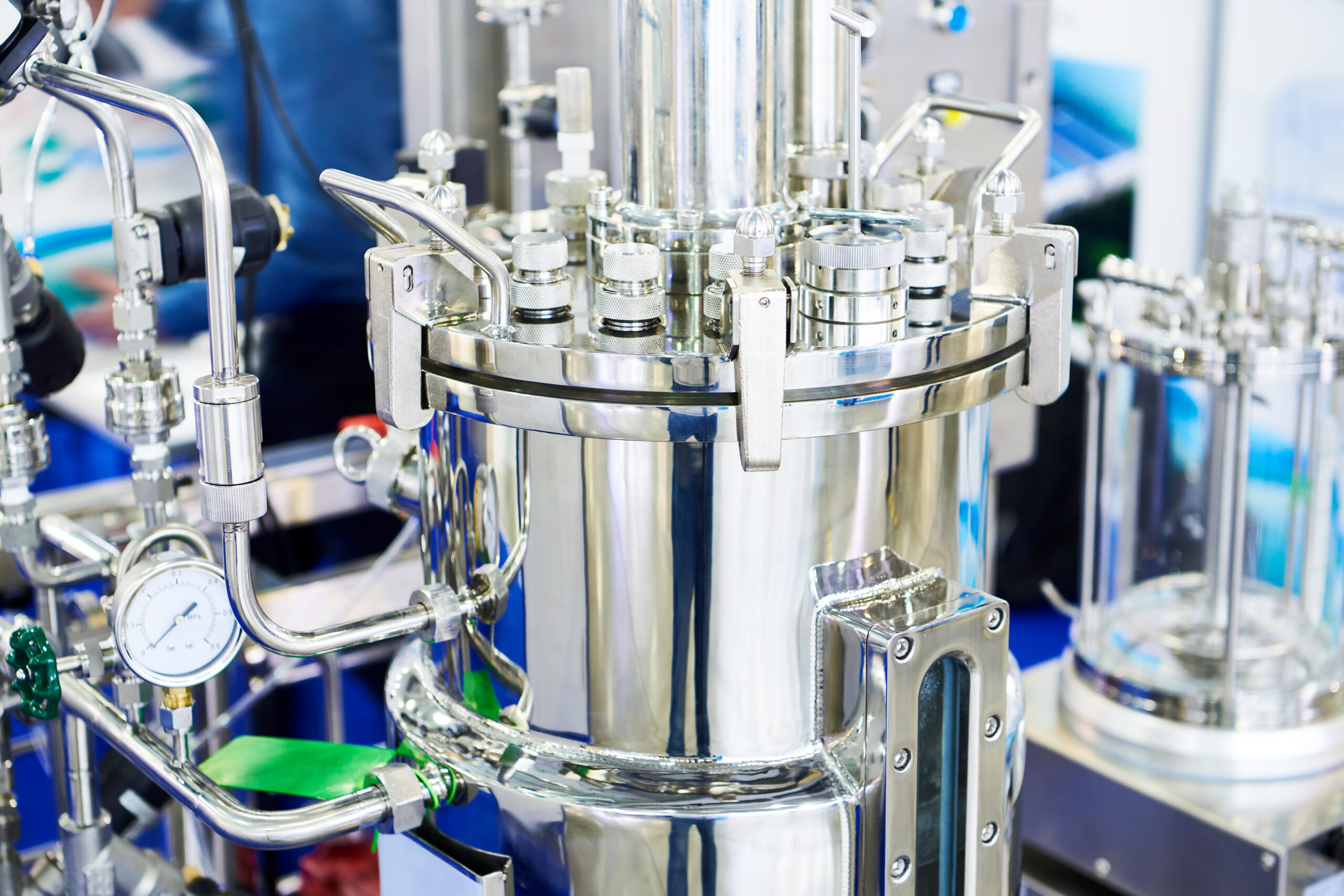A focused introduction to the principles and practices of equipment validation within the (bio) pharmaceutical industry, by examining the core stages of equipment qualification—Installation Qualification (IQ), Operational Qualification (OQ), and Performance Qualification (PQ).
Aims and Objectives
The aim of this course is to provide participants with a foundational understanding of equipment validation concepts and practices specific to the (bio)pharmaceutical industry. Participants will learn about the purposes for undertaking thorough validation processes, as they relate to the manufacture of highly regulated medicinal products. The course will focus on key guidelines and standards at each stage of qualification and validation activities, using practical examples to illustrate concepts.
Course Content
The Validation regulatory landscape
The V-Model of Validation
Documentation requirements (GDP & Data Integrity)
Design Qualification processes, from URS to FAT
Commissioning of Equipment, from IQ to PQ
Introduction to P&IDs
Requalification and Change Management

Learning Outcomes
On completion of this programme the learner should be able to:
- Describe the distinction between the terms “qualification” and “validation”
- Demonstrate a clear understanding of the structured V-Model of Validation approach.
- Understand the importance of User Requirement Specifications (URS), including testable criteria, for designing and procuring equipment
- Demonstrate knowledge of the process of planning and executing Installation Qualification (IQ) and Operational Qualification (OQ) tests, and Performance Qualification (PQ), including identifying the testing requirements and executing the necessary protocols.
- Recognise the importance of requalification and be able to explain why periodic requalification is essential for maintaining product quality and safety



















